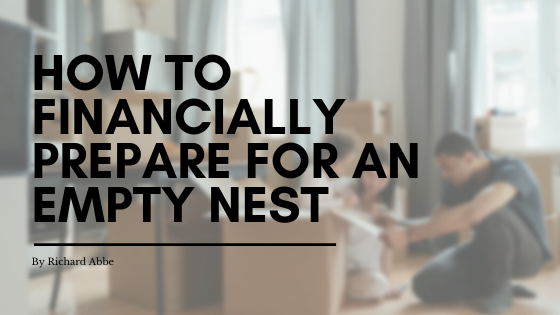When there are children at home the financial budget is generally larger, but with an empty nest, it is a different story. The cost of raising a child can equal nearly $13,000 a year, or $1,081 per month, depending on where you live. Now with the kids out of the house, empty nesters have a lot of potential savings to make up. As the kids move out of the house, here are some ways to evaluate your expenditures and determine areas in which you can start saving:
Entertainment
When the kids are at home, they need entertainment and ways to entertain the company of friends. Now that they are making the move out of the house, there are several expenses concerning entertainment that you can cut back on. Consider the TV bill – do you need all those channels? You may consider even cutting out the entire cable bill and going with a more affordable streaming TV service that is more fine-tuned to your household needs.
The Car
The more members in the household the more cars you may need to get everyone around to different places. But as empty nesters, it may just be one car that you need to get around. Selling the extra car or downgrading the minivan to a sedan may help put several thousand dollars back into your pocket. Not only will selling the car get you some money back, but you will also reduce your expenses when it comes to gas and car insurance.
Right-sizing the Home
A big home is nice, but as empty nesters, there may not be the need to continue maintaining a large home with so many extra bedrooms that will sit empty for most of the year. Reevaluate your family size and new lifestyle needs in finding the next place to call home. Downsizing is a common move for empty nesters because a smaller home is more manageable, but it can also help to reduce the expenses like property tax, insurance, and utility and electrical bills. The key as empty nesters is to right-size your home because what you have now is probably not going to work for you as empty nesters.
Financial planning is a life-long process and it needs to be revisited even after the kids have left the home. Getting started with the few areas above will get you on your way to properly planning for your financial future as empty nesters.

